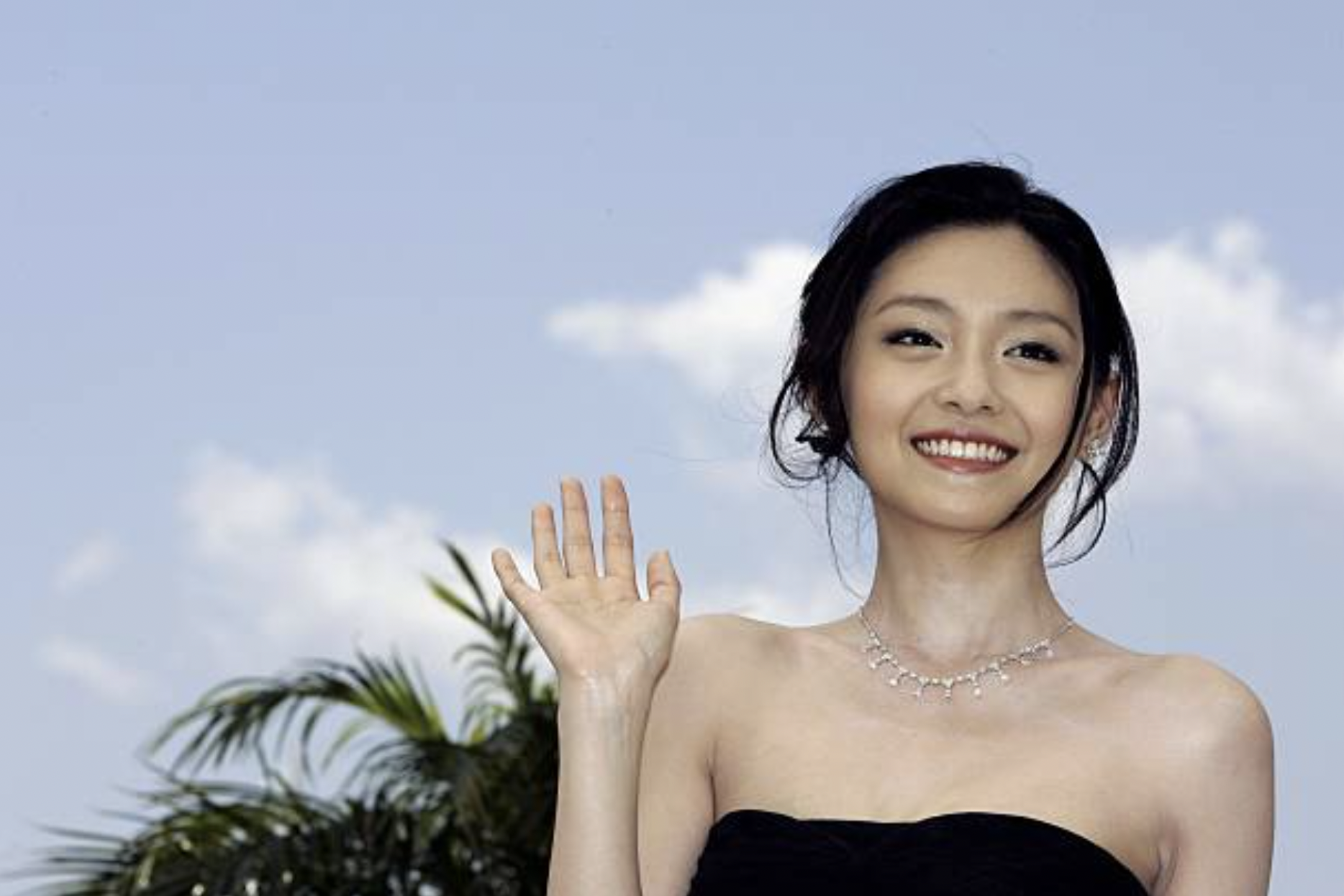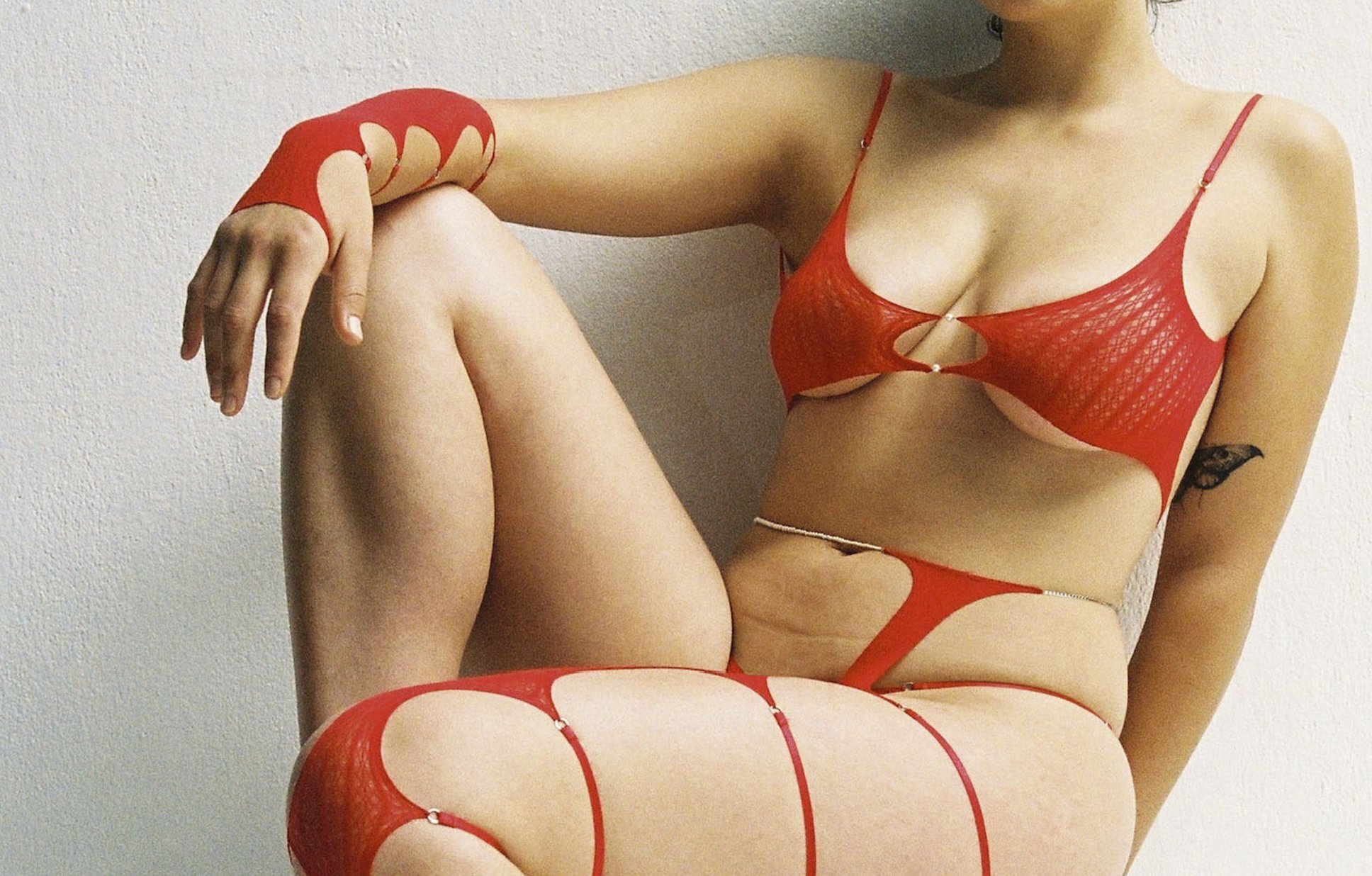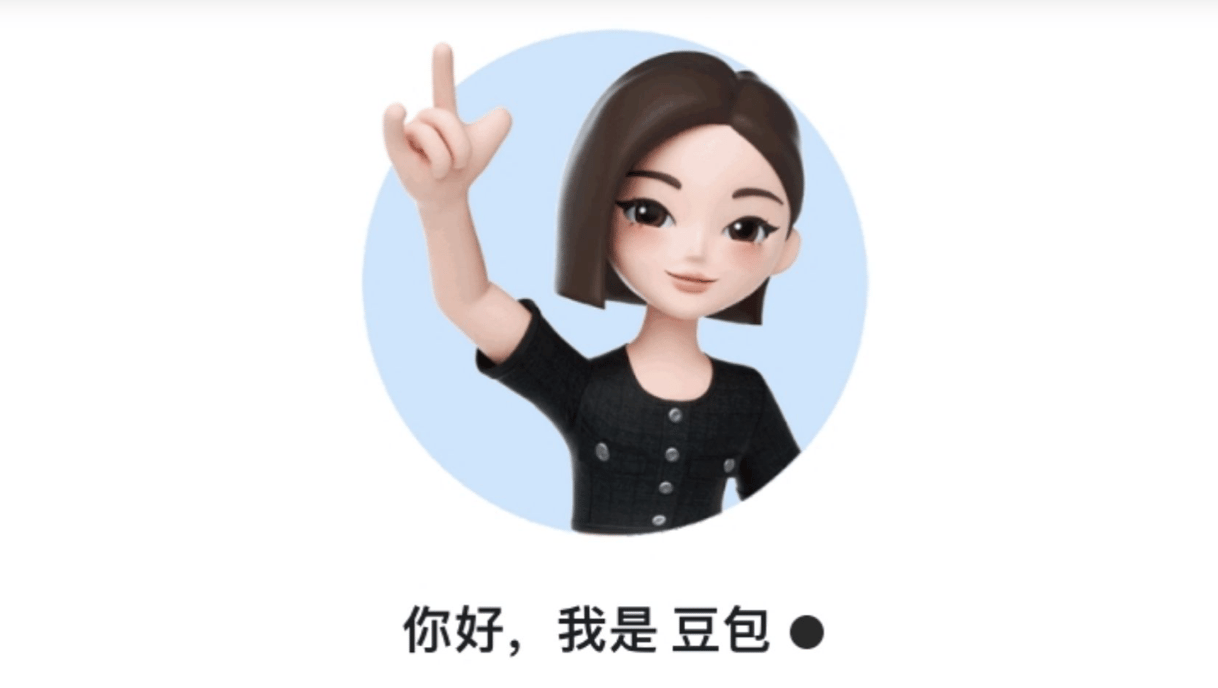Dilraba Dilmurat is an A-list Chinese actress from Xinjiang province. She’s a regular when it comes to endorsement deals with major brands, although she’s usually praised more for her exotic beauty than for her acting expertise.
Recently though, Dilraba’s red carpet walk caught some unexpected flack from trans icon Jin Xing, who asked, “What’s the point of wearing a plunging neckline on the red carpet if you keep covering your chest with your hands?”

Naturally, a dramatic back-and-forth ensued. The topic shot to a top trending position on Twitter-like Weibo, with drama-hungry onlookers weighing in on questions of body autonomy, attention-seeking, and “slut-shaming.”
Jin Xing is a modern dancer, talk show host, and conservative media personality. Once a colonel in a military dance troupe, Jin underwent gender-affirming surgery and came out as a trans woman in 1995. She adopted three children, and married a German man in 2005.
Jin Xing — literally “Venus” in Mandarin — is both an insider and an outlier in China’s entertainment industry, having earned a reputation for her “poisonous tongue” and sharp sense of sarcasm. She’s usually clad in a qipao, a long, tight dress which silhouettes a woman’s body and is held as a symbol of traditional Chinese feminine beauty.

US readers may struggle to conceive of the phrases “trans icon” and “conservative media personality” being spoken in the same breath, but Jin Xing has been a well-known figure in the space for years. On her talk show, Jin urges women to get married and have children, positioning herself as a loyal defender of conservative values and fitting young audiences’ stereotype of the nagging aunt.
This controversy marks Jin Xing’s return to Weibo, after she was banned for vocally supporting Ukraine when Russian troops invaded. She took the opportunity to invoke the CCP-friendly term “cultural confidence,” sharing a photo of herself accepting an award at an international event.
“Cultural confidence means speaking up as a Chinese person on the international stage, not walking the red carpet in ostentatious clothes,” she wrote, criticizing actors who “rely on dramatic clothes to catch eyeballs,” and denouncing them as “carpet stars.”

Naturally, Dilraba’s 80 million followers were not happy. Many jumped to her defense, admonishing Jin for a lack of self-awareness, and for her eagerness to exert control over women’s bodies.
“I have the right to pursue beauty, and also the right to protect myself,” wrote one.
“Cameras are everywhere,” another commented. “Not wanting to expose herself isn’t wrong.”
Others, however, sided with Jin Xing.
“Sister Jin is right,” wrote one, “If you wear it, own it.”
“Dilraba’s fans will attack you for telling the truth,” commented another.
In a survey of 228,000, 58% supported Jin’s position that Dilraba “should not wear that neckline,” while 42% voted for her “freedom to cover her chest.” Dilraba, meanwhile, has not addressed the comments.
All images via Weibo

























